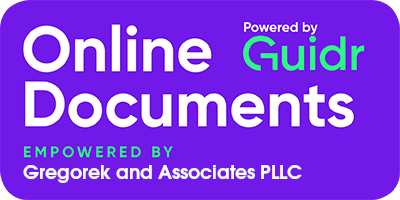Blog
How Does a Conduit Trust Save Taxes?
A Conduit Trust is a specific type of trust used for estate planning purposes that can help save taxes, particularly when it…
Concerned about Probate? Mistakes to Avoid
People named as the executor or administrator of a person’s estate bear the challenging responsibility of managing the estate’s affairs throughout probate….
Understanding the Life Estate Deed
A life estate deed is a legal instrument used in estate planning to convey ownership of real property while retaining certain rights…
Danger of Joint Accounts
Joint accounts can be a convenient and practical way to manage finances, especially for family members, spouses, or partners with shared expenses…
Estate Planning for Unmarried Couples
Estate planning is just as important for unmarried couples as it is for married couples. While the legal protections and default rules…
What are Beneficiary Designations?
Beneficiary designations are instructions you provide to designate who will receive certain assets or benefits after your death. These designations are commonly…
Charitable Giving Strategies: Exploring Charitable Trusts
Charitable giving using charitable trusts is a powerful strategy that allows individuals to support causes they care about while potentially receiving financial…
The Role of an Attorney in Planning for Long-Term Care Needs
Planning for long-term care can be a complex and daunting task, as it involves navigating various legal and financial considerations. With their…
Should a Child or Grandchild Inherit a Retirement Account?
The decision of whether a child or grandchild should inherit a retirement account depends on several factors, including the individual’s financial needs,…
What is a Required Minimum Distribution?
A Required Minimum Distribution (RMD) is the minimum amount that individuals with certain retirement accounts, such as traditional IRAs (Individual Retirement Accounts)…
